Profile: Narendra Modi
Wed 22 May 2019, 14:06:33
The Bharatiya Janata Party (BJP) leader took over as prime minister in May 2014 after his party swept to a spectacular general election landslide.
Since then, a lot has changed - not least the way he has promoted his brand of muscular Hindu nationalism and the manner in which he has been received as India's leader on the international stage.
For years he was persona non grata in the US, UK and other countries because of deadly anti-Muslim riots in Gujarat state that took place on his watch as chief minister. Mr Modi has always denied allegations he could have done more to stop the bloodshed.
With his track record of economic success in Gujarat, Mr Modi fought the 2014 elections with his slogan "sabka sath , sabka vikas " (together with all, development for all).
This time round, the BJP has made nationalism and national security its main election planks, and in many ways the result will be a referendum on this strategy, and more widely on his leadership.
Five years in power
Mr Modi's first term as PM has been a mixed bag of hits and misses amid concerns over rising Hindu nationalism, a slowing economy and violence against India's Muslim minority.
Landmark schemes his government launched include cheap cooking gas for the poor, a nationwide Goods and Services Tax, a health insurance scheme for the poor and a new bankruptcy and insolvency law.
His decision to promote and fund the construction of toilets in villages across the country to end open defecation was largely praised - although persuading people to use them remains a work in progress.
Mr Modi also promised to carry out economic reforms and boost job creation before he came to power. But he has not been able to fully deliver on these promises.
In fact, his controversial decision to ban 500 and 1,000-rupee notes - as part of a crackdown on corruption and illegal cash holdings - badly hurt the economy, particularly the informal sector that largely relies on cash transactions.
Following his sudden announcement on 8 November 2016, the country was thrown into chaos. The following weeks saw a shortage of new notes and people struggled to deposit their old notes in the banks.
And the BJP's Hindu nationalist drive has also drawn criticism for Mr Modi. During his tenure, many BJP-governed states banned the consumption and sale of beef. The cow is considered holy by Hindus.
There was shock when a Muslim man was lynched in 2015 for allegedly storing beef in his fridge. Other Muslims have been attacked and beaten by cow-vigilante groups.
A February 2019 report from Human Rights Watch found that between May 2015 and December 2018, at least 44 people - 36 of them Muslims - were killed across 12 Indian states. About 280 people were injured in more than 100 incidents across 20 states over the same period.
Mr Modi remained silent whenever such incidents happened, which was perceived by many as tacit support for rising intolerance.
His decision to buy 36 Rafale fighters jets aircraft for the Air Force has also been controversial. Opposition parties accuse him of corruption in the deal - a charge he has denied.
But these issues are largely absent from the BJP's campaign pitch. It's nationalism that has become the mainstay for the
party's election strategy.
party's election strategy.
It stems from Mr Modi's decision to send fighter jets inside Pakistani territory in response to a deadly militant attack in Indian-administered Kashmir, that brought the two nuclear-armed states to the brink of war.
Mr Modi will be aware there's no room for complacency. Voters handed the BJP humiliating defeats - in the Rajasthan, Madhya Pradesh and Chhattisgarh state elections - late last year. And he also faced a rebellion by some of the party's senior-most leaders who feel that the BJP has been "emasculated" under his leadership.
Taking the foreign stage by storm
Narendra Modi was born in 1950, the third of six children, to a family of grocers in what is present-day Gujarat.
He went on to serve as chief minister of Gujarat from 2001 to 2014, and became regarded as a dynamic and efficient politician who helped make the western state an economic powerhouse.
But he also is accused of doing little to stop the 2002 religious riots when more than 1,000 people, mostly Muslims, were killed - allegations he has consistently denied. However, he has never expressed any remorse or apologised to Muslims.
Mr Modi became an international pariah after the riots - the US denied him visas and the UK cut off all ties with him. But his victory in 2014 helped him get reintegrated into the global political mainstream.
He travelled far and wide, and addressed massive gatherings of non-resident Indians in the US and the UK. Analysts say it was his way of announcing his arrival on the global stage.
His foreign policy, however, has also been a mixed bag. He has re-energised India's relations with strategically important Central Asian countries
But relations with China remain strained despite several high-profile bilateral visits. And he hasn't been able to carry over the Obama-era warmth in Washington-Delhi relations to the Trump administration.
Right-wing Hindu roots
Mr Modi's rise from chief minister of Gujarat to India's PM was dramatic and took many by surprise.
A brilliant orator, the party's poster boy faced stiff internal differences when the BJP named him as its candidate for PM.
For years, his critics said he could never be prime minister because of the riots.
His personal life also came under scrutiny, with critics accusing him of deserting his wife, Jashodaben. It was only in the run-up to the 2014 elections that he publicly admitted for the first time that they were married.
He was 17 when the arranged marriage took place but the couple barely lived together and have been estranged for years.
Mr Modi has always avoided questions about his personal life amid suggestions he wished to appear celibate to his Hindu nationalist base.
Analysts say one reason for his strength remains the support he enjoys among senior leaders in the right-wing Hindu Rashtriya Swayamsevak Sangh (RSS).
The RSS, founded in the 1920s with a clear objective to make India a Hindu nation, functions as an ideological fountainhead to a host of hardline Hindu groups - including the BJP with which it has close ties.
Mr Modi has a formidable reputation as a party organiser, along with a reputation for secrecy, which comes from years of training as an RSS "pracharak", or propagandist, analysts say.
He joined the Gujarat state unit of the BJP in the 1980s. His big break came when his predecessor as chief minister had to step down after an earthquake in January 2001 that killed nearly 20,000 people.
No Comments For This Post, Be first to write a Comment.
Most viewed from National
Most viewed from World
AIMIM News
Latest Urdu News
Most Viewed
May 26, 2020
Who will win The 2025 ICC Women's Cricket World Cup?
Latest Videos View All
Like Us
Home
About Us
Advertise With Us
All Polls
Epaper Archives
Privacy Policy
Contact Us
Download Etemaad App
© 2025 Etemaad Daily News, All Rights Reserved.

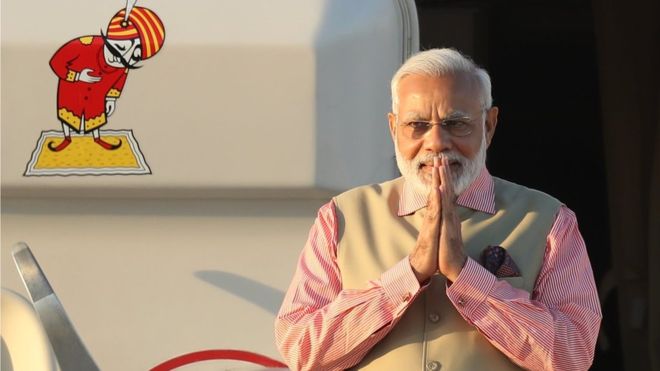
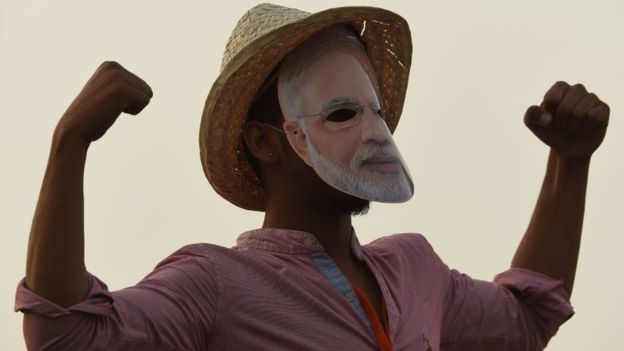
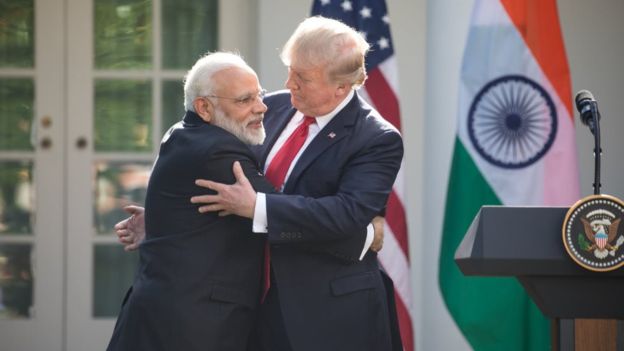
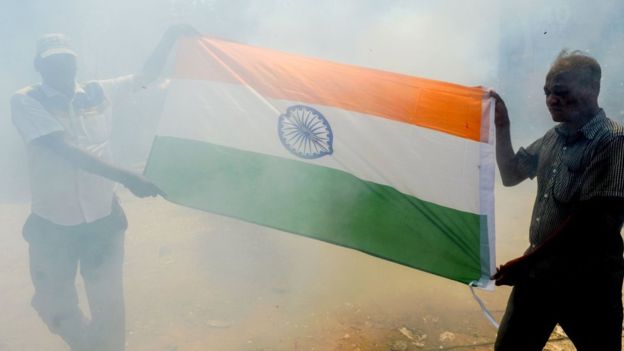
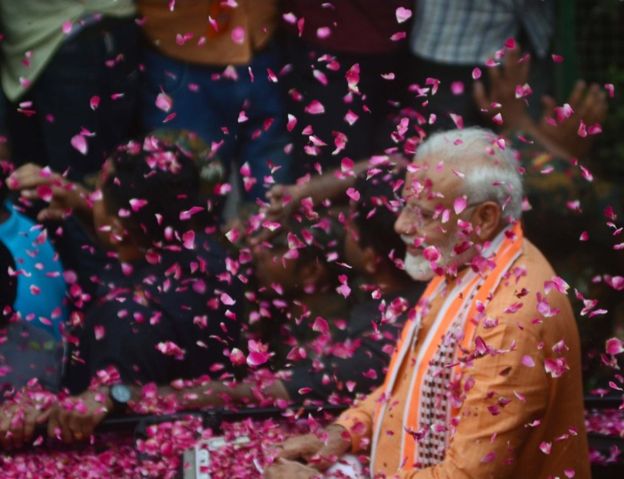
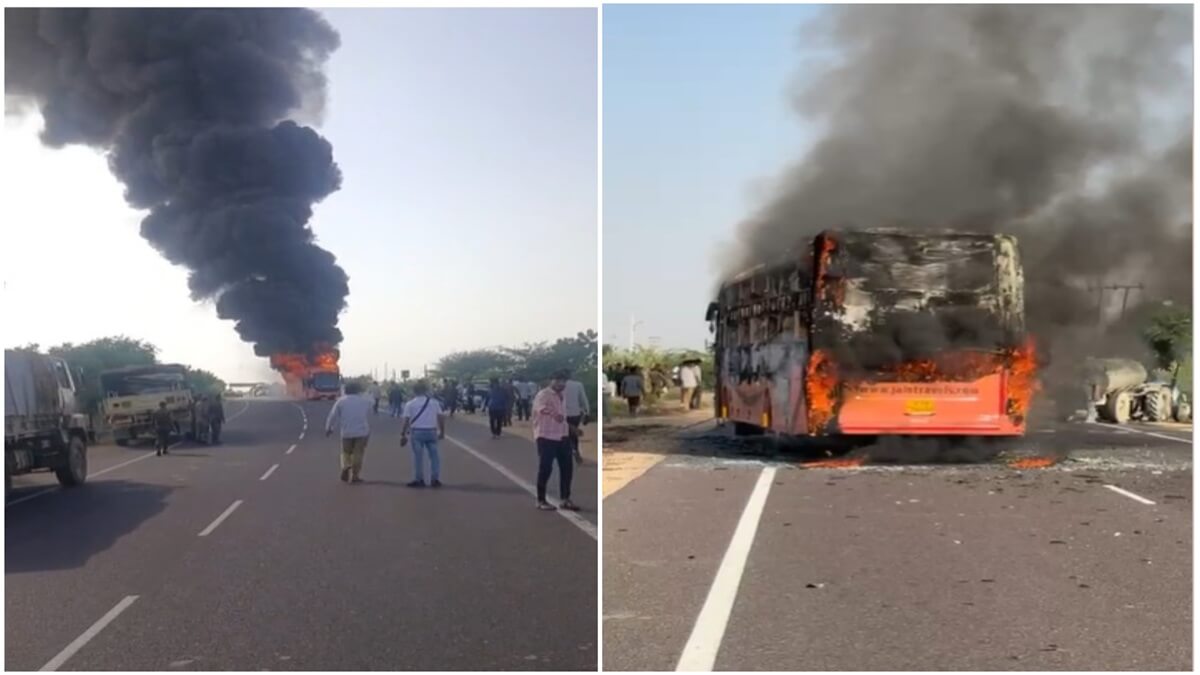
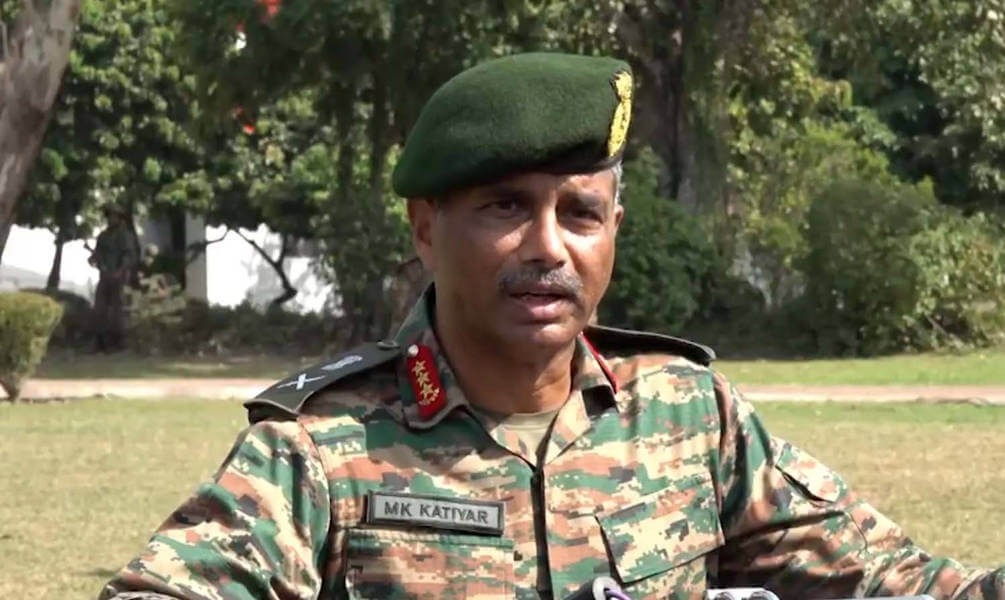
.jpg)
.jpg)
.jpg)
.jpg)
.jpg)
.jpg)
.jpg)
.jpg)
.jpg)
.jpg)
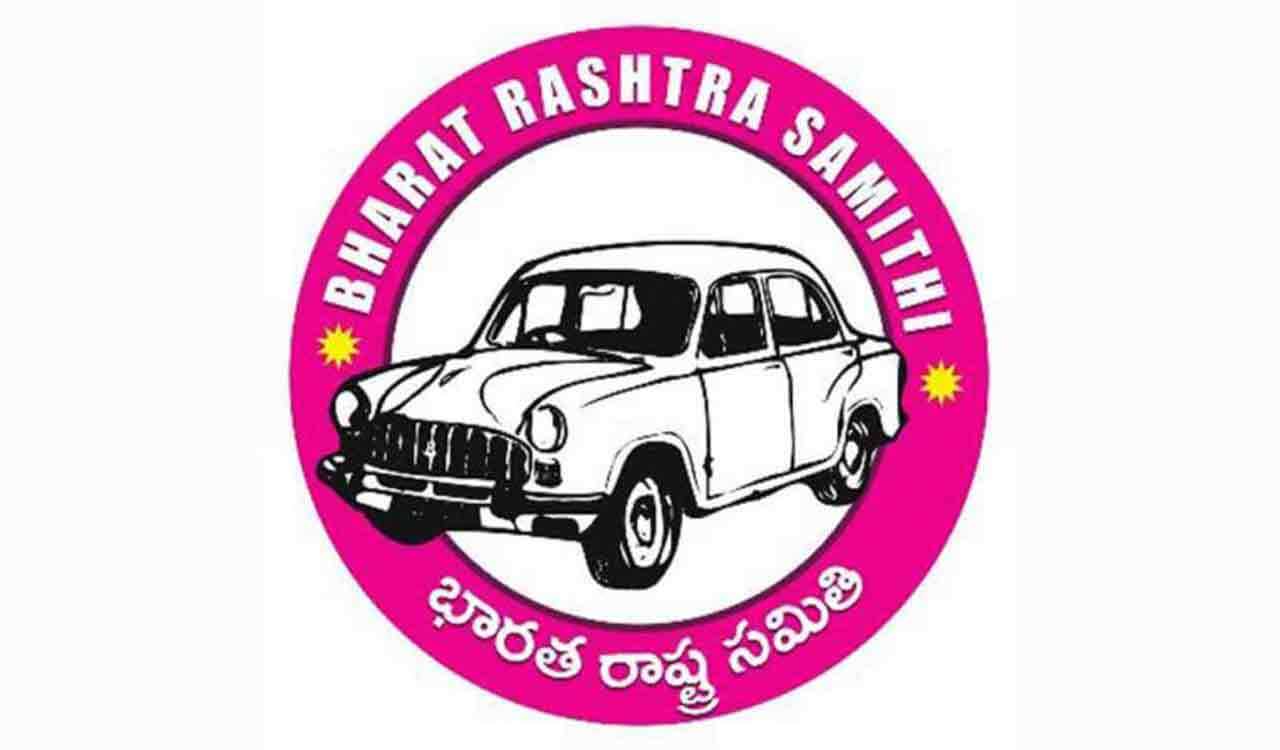
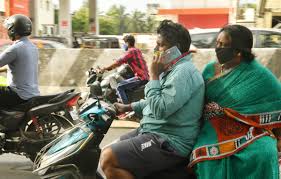
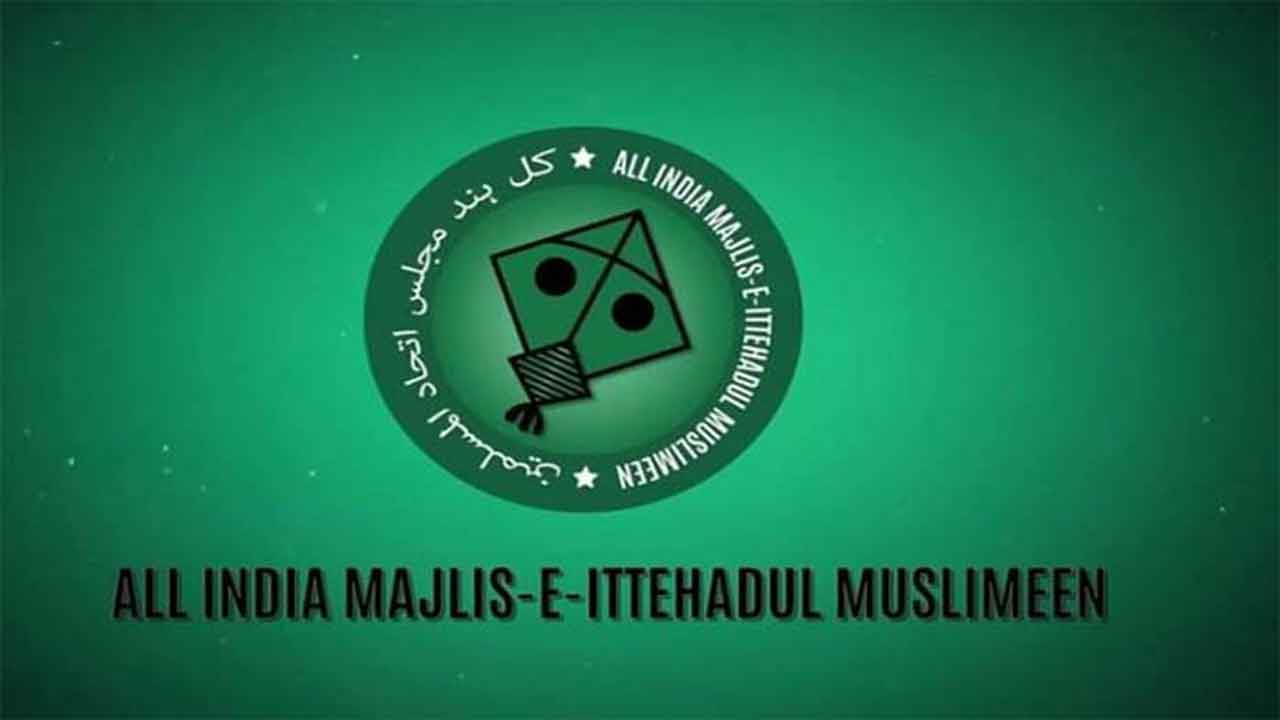
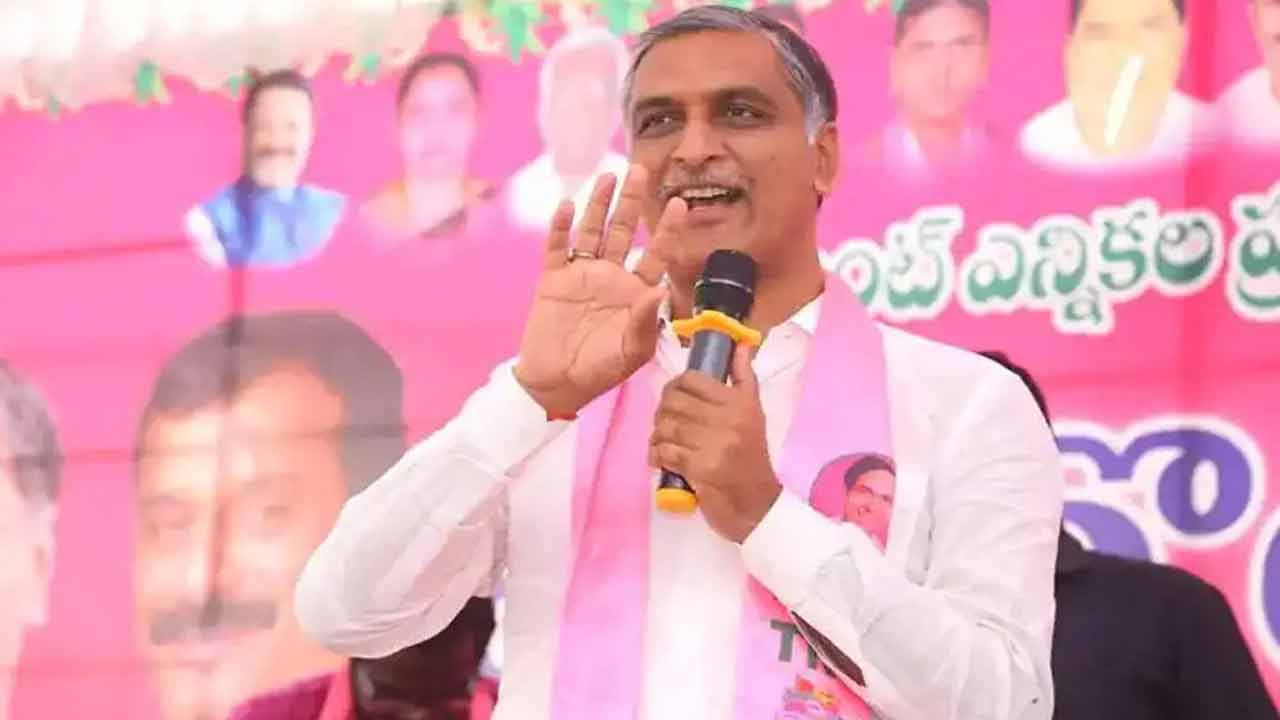
.jpg)
.jpg)
.jpg)
.jpg)
.jpg)
.jpg)
.jpg)
.jpg)










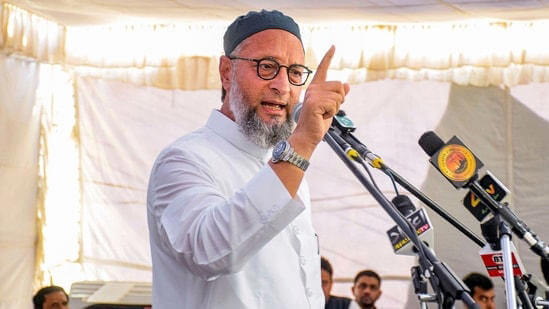
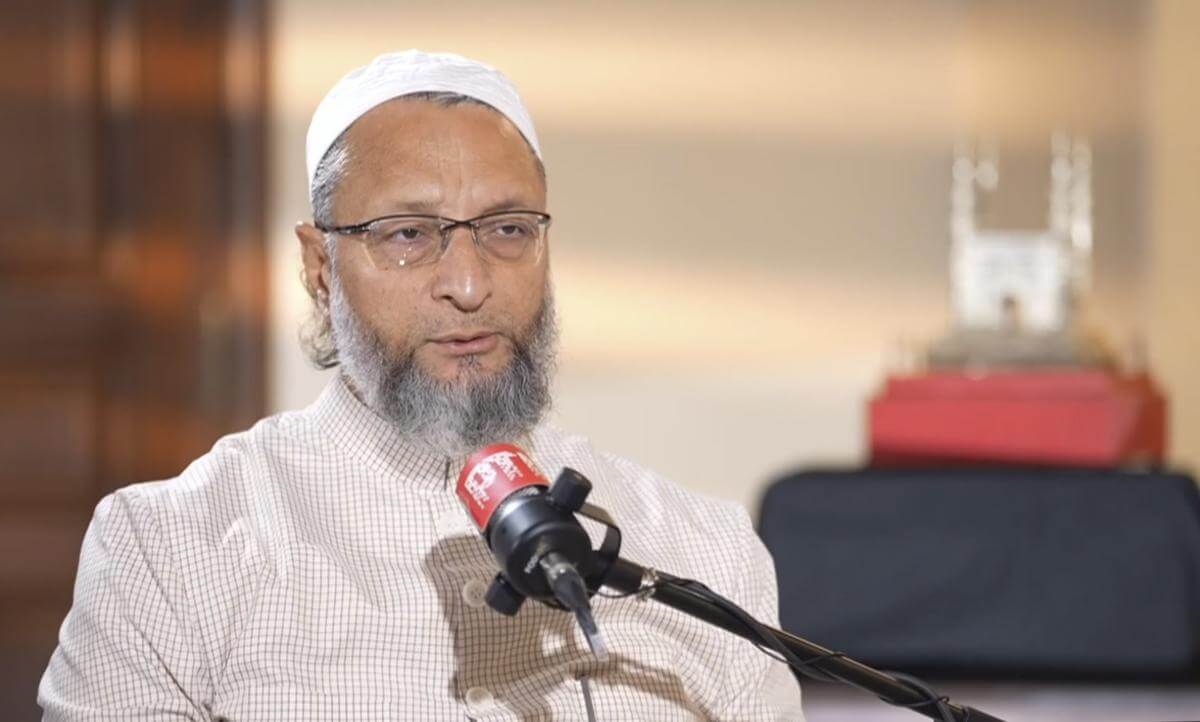
.jpg)
.jpg)
.jpg)


